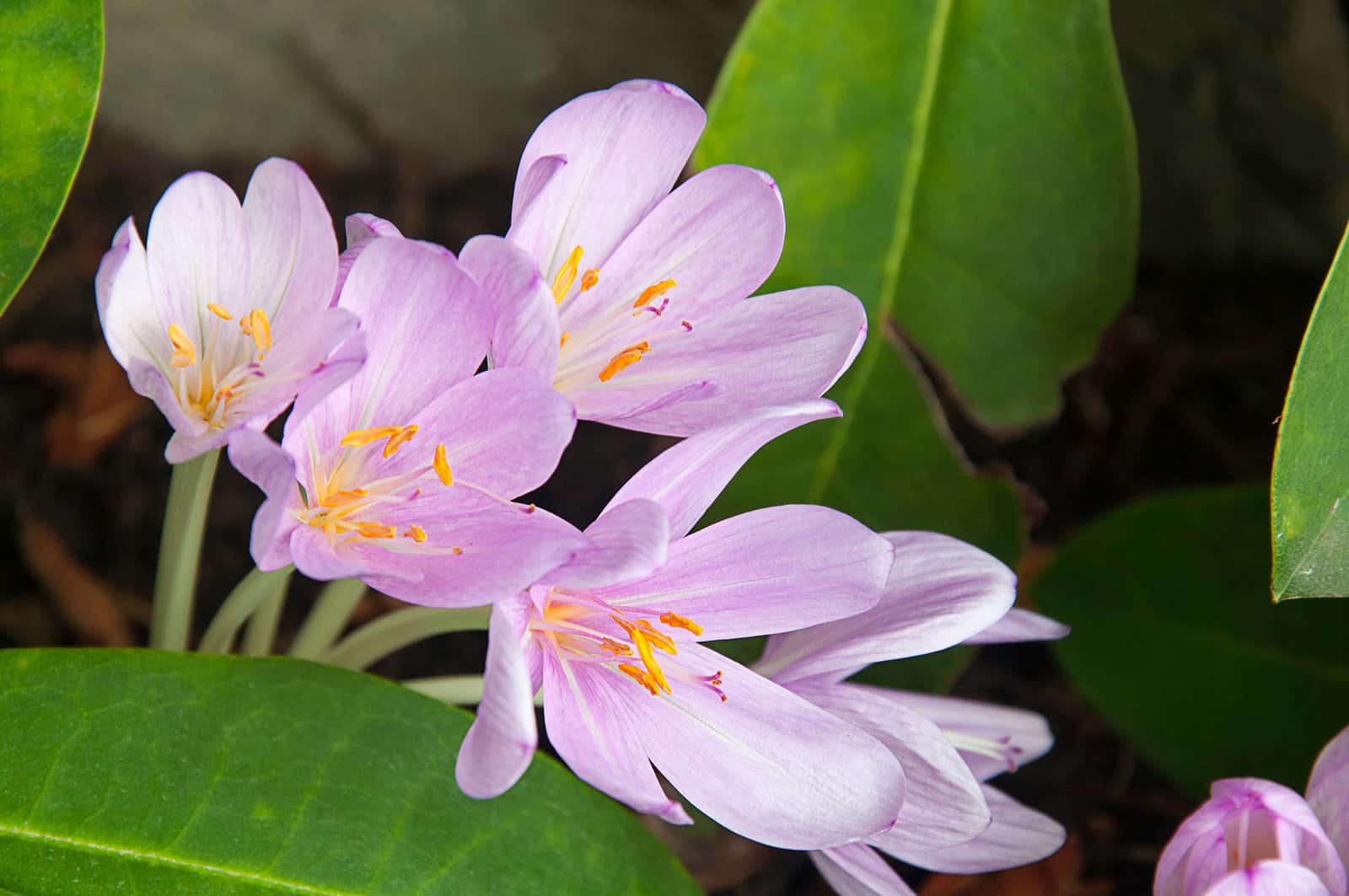
The autumn crocus, Colchicum autumnale, has been used medicinally for more than 3,000 years. The ancient Egyptians used the underground portions for joint pain. In the 19th century, chemists isolated the active ingredient colchicine from crocus corms. Soon, doctors started prescribing it to ease the excruciating pain of gout. It is still used today.
Can Colchicine from Crocus Help Heart Disease?
Now, Australian and Dutch researchers have found that this anti-inflammatory compound, colchicine from crocus, may help people with chronic heart disease (New England Journal of Medicine, Aug. 31, 2020). Investigators recruited 5,522 heart patients and assigned them randomly to take either low-dose colchicine or placebo. They followed the participants for more than two years, on average.
During the follow-up, 187 people taking colchicine experienced cardiovascular death, hospitalization for stenting, stroke or heart attack. That was 6.8 percent of the group.
In comparison, 264 of those in the group taking placebo pills experienced one of these negative outcomes. That was 9.6 percent of them. The absolute risk was 3.6 per 100 person-years among those on placebo and 2.5 for those on colchicine. That is a relative risk reduction of nearly one third.
In summary, such a benefit is roughly comparable to what might be seen with many other heart drugs. Unfortunately, however, more of the individuals taking a daily dose of 0.5 mg of colchicine from crocus died from other causes. The comparative numbers are 0.7 compared to 0.5 non-cardiovascular deaths per 100 person-years.
The authors conclude:
“In a randomized trial involving patients with chronic coronary disease, the risk of cardiovascular events was significantly lower among those who received 0.5 mg of colchicine once daily than among those who received placebo.”
Colchicine for Heart Attacks:
This is the first study to look at low-dose colchicine in people with chronic heart disease. Previous studies focused primarily on whether this compound helps people after a heart attack. A review of research found that colchicine from crocus does reduce inflammation. In addition, it apparently improves outcomes after acute coronary syndrome (Archives of Cardiovascular Diseases, July 22, 2020).
Citations
- Nidorf SM et al, "Colchicine in patients with chronic coronary disease." New England Journal of Medicine, Aug. 31, 2020. DOI: 10.1056/NEJMoa2021372
- Akodad M et al, "Colchicine and myocardial infarction: A review." Archives of Cardiovascular Diseases, July 22, 2020. DOI: 10.1016/j.acvd.2020.04.007

